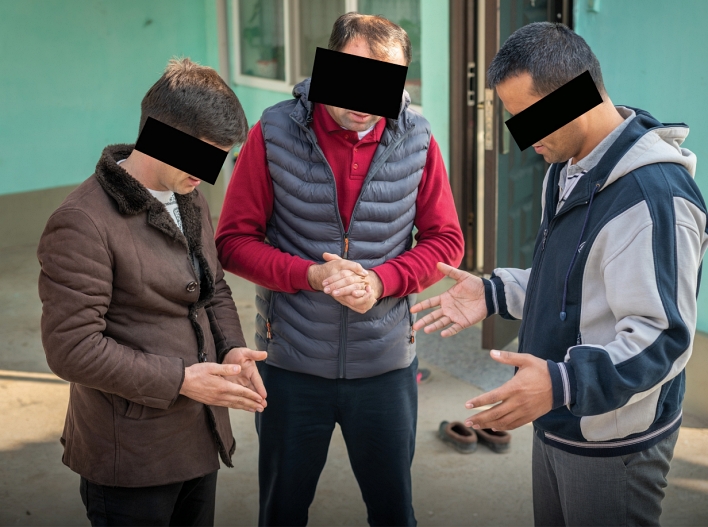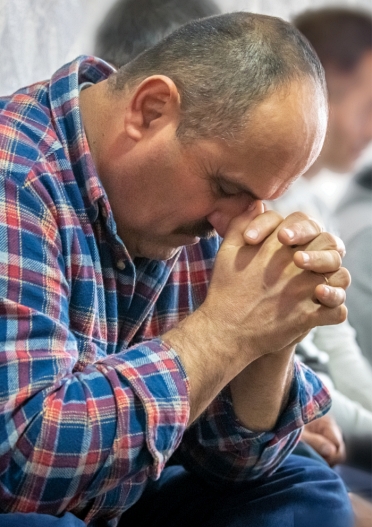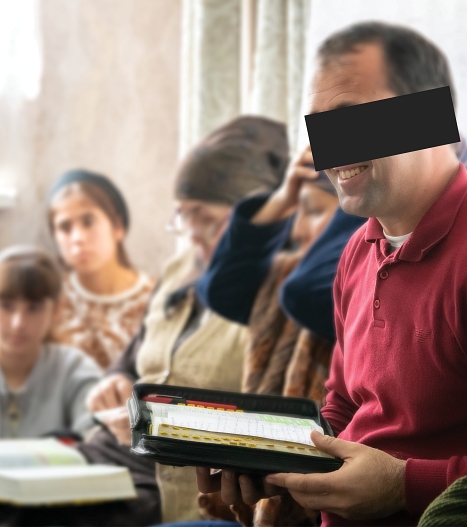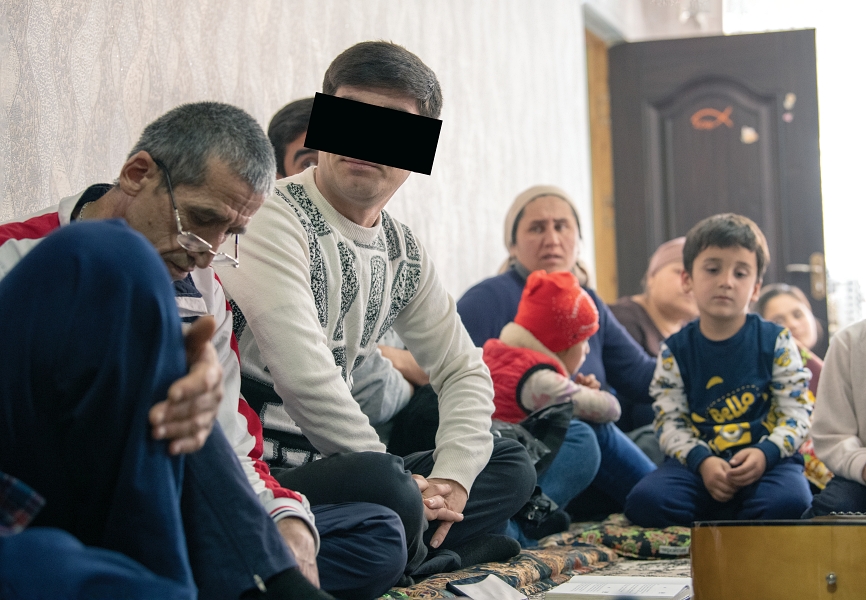Four years ago the men didn’t even know each other. And Baluan, the source of their friendship, never could have imagined it when he was a Christian- hating, ninth-grade madrassa student. When his Christian sisters talked about God during family discussions, Baluan would angrily tell them they were headed to hell for betraying Islam. An older sister had become a Christian after a man in their village shared the gospel with her, and she had then led her other sisters to Christ.
Although most people in Central Asia are Muslim, for many it’s merely a matter of culture and habit. Leaving Islam is not offensive on religious grounds, but rather because it will bring shame to the family.
After 12 years of hating Christians, Baluan reached a crossroads. He was deeply devoted to Islam and relished his role as the one who called local Muslims to prayer five times a day from the mosque minaret. But his sisters’ changed behavior was having an effect, even though their words about Christianity had not yet softened his heart.
Later, however, as a young married man in his early 20s, Baluan began his own search for truth. He was still receiving information from two directions: from the mosque, and from his sisters and their Christian husbands. The truth of Christianity gradually eroded his Islamic foundation, and one night in 2007 he fell to the floor crying and asking God to reveal whether Christianity or Islam was the true way.






